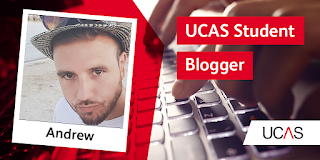Money saving tips for travellers
Create a budget:
Before you start looking at flights and dreaming of 5* holidays, take a look at your finances and be realistic with what you can actually afford. If you’re looking for
a summer escape with your mates, agree how much you can spend on flights and accommodation before you decide on where to go. If you’re travelling for a long time don’t forget to budget for three meals a day, transportation to and from the airport, visas, keepsakes, entry fees to attractions and a new passport if it’s about to expire.
Plan in advance but remain flexible:
Travelling around the time the schools break up is the most expensive time to get away. Last minute deals do exist, but by far the cheapest way of travelling is to book months in advance. You’ll snap up some gorgeous accommodation on the cheap by doing this....






 With A-level and university exams drawing ever closer, it can be difficult to stay motivated, especially when the sun is shining, but you feel you need to be revising. So here are some of my top tips for staying motivated during this exam season:
With A-level and university exams drawing ever closer, it can be difficult to stay motivated, especially when the sun is shining, but you feel you need to be revising. So here are some of my top tips for staying motivated during this exam season: